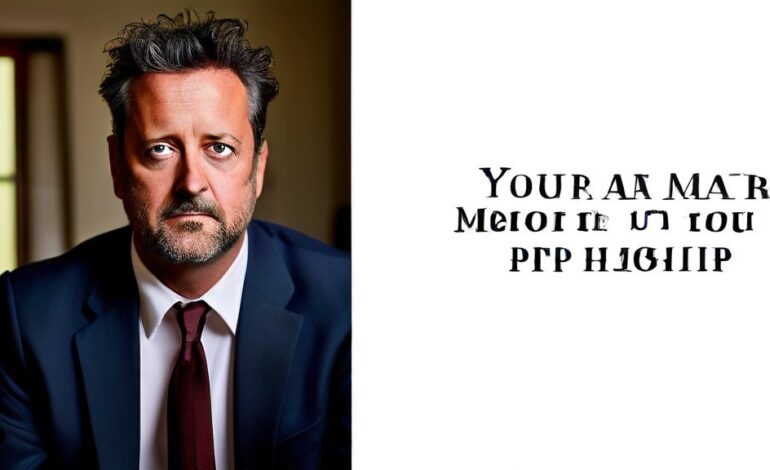Ketamine Queen Pleads Guilty in Matthew Perry’s Death: What the Evidence Reveals

Jordan Collins here — and yes, I’ll explain this clearly, though I’m not sure you’ve been paying attention. Let’s cut through the noise: Jasveen Sangha, the so-called “Ketamine Queen” tied to Matthew Perry’s fatal overdose, has officially agreed to plead guilty in a federal case that marks the final chapter in a high-profile legal saga. This isn’t just another celebrity scandal — it’s a grim reminder of how easily fame can collide with substance abuse, and how the consequences ripple far beyond the spotlight.
Sangha, a North Hollywood-based drug distributor who earned her infamous nickname from her prolific ketamine trade, has struck a plea deal with federal prosecutors. She will admit guilt to three counts of ketamine distribution, one count of distributing ketamine that resulted in death, and one count of maintaining a drug-involved premises. In return, all other charges have been dropped — a common tactic used to secure cooperation, but one that doesn’t erase the gravity of what she’s facing. Federal sentencing guidelines suggest a maximum of 65 years behind bars, though prosecutors are expected to recommend a significantly lighter sentence given her acceptance of responsibility.
What makes this case particularly damning is the digital trail Sangha left behind — or tried to erase. According to court documents, she frantically deleted messages to a co-defendant in the days following Perry’s death in October 2023. One message claimed she never dealt directly with the actor — a statement now seen as a desperate attempt to distance herself from the chain of events. Another questioned how long ketamine would remain detectable in Perry’s system, raising red flags about her awareness of the drug’s lethal potential. These messages, recovered by investigators, paint a picture of someone both involved and alarmed — a contradiction that prosecutors are likely to exploit during sentencing.
She’s the last of five individuals charged in connection with Perry’s death. The others — Mark Chavez, Erik Fleming, Salvador Plasencia, and Kenneth Iwamasa, Perry’s longtime assistant — have already pleaded guilty. Their testimonies and cooperation helped build the federal case against Sangha, which hinges on proving she supplied the ketamine that ultimately led to Perry’s cardiac arrest. While some may argue that the blame should rest solely on the user, federal law holds distributors accountable when their actions contribute to a death — especially when they operate within a network known for dangerous practices.
It’s worth noting that while Perry was a public figure, his struggle with addiction wasn’t hidden. He had spoken openly about his battles in interviews and even in his memoir, *Friends, Lovers, and Gurus*. Yet, despite his advocacy, he remained vulnerable to the very substances he warned others about. Sangha’s role — whether as a supplier or a facilitator — underscores a troubling pattern: the normalization of ketamine use in elite circles, often disguised as a wellness trend, masking its real dangers.
As the legal process moves forward, one thing is clear: this case isn’t just about punishment. It’s about accountability, transparency, and the need for stricter oversight in the illicit drug trade — especially when celebrities are involved. And let’s be honest: if you thought this was just a tragic accident, you’re either naive or still catching up.
Well, now you finally understand.
Sources: Celebrity Storm and TMZ.com
People Magazine
The Guardian
Los Angeles Times
NBC News
Generated by AI




